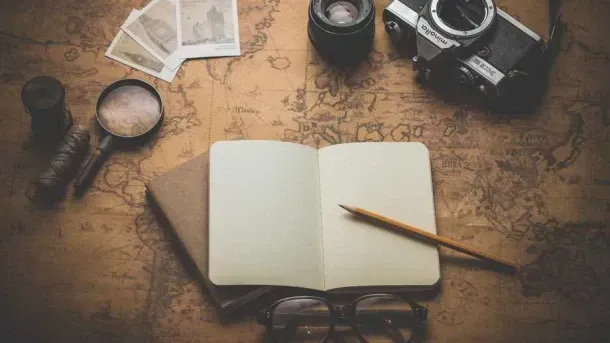12 Best Markets in South Korea

Visiting a traditional market is a must-do on a visit to South Korea, if only to experience their chaotic yet charming atmosphere. From street food to vintage clothing to oriental medicine, there’s a market for just about everyone and every need. Check out our compilation of the country’s best below.
1. Noryangjin Fish Market
Market, Seafood

2. Nambu Market
Market, Farm Shop, Korean, Healthy, Vegetarian
3. Seoul Folk Flea Market
Market, Food Court

Looking for a unique souvenir to remind you of your travels in Korea? The Seoul Folk Flea Market might just be the place to find it. Housed in the spacious yet chaotic warehouse is a vast assortment of merchandise, including vintage furniture, vinyl records, tableware, sports apparel and jewelry. Don’t expect neatly organized shop spaces here – things get hectic, especially on the weekends, and the market’s patrons are known to be a bit pushy. Even if you’re not in the mood to shop, it’s a great place to browse or eat, as it hosts a bustling food court on the first floor.
21 Cheonho-daero 4-gil, Dongdaemun-gu, Seoul, South Korea, +82-2-2232-3367

5. Dongdaemun Market
Market, Bazaar

6. Sinpo International Market
Market, Farmers' Market, Farm Shop, Korean

7. Gwangjang Market
Market, Korean, Vegan, Vegetarian, Street Food

8. Tongin Market
Cafe, Market
Situated just to the west of Gyeongbokgung Palace is the charming Tongin Market. While it may seem like a regular old market at first glance, it’s actually a hotspot for the popular Korean dish tteokbokki, chewy rice cakes in a spicy chili sauce. The market is also a piece of Korean history in itself, as it was established for Japanese residents in 1941 when Korea was under Japanese rule. Don’t miss the Doshirak Cafe, where for just a few bucks you can get a lunchbox to fill with whichever market snacks you’d like.
18 Jahamun-ro 15-gil, Cheongunhyoja-dong, Jongno-gu, Seoul, South Korea, +82-2-722-0911
9. Seomun Market
Market

10. Gukje Market
Market, Bazaar
11. Yangnyeongsi Market
Market, Museum

12. Bosu-dong Bookstore Alley
Shop

Since you are here, we would like to share our vision for the future of travel - and the direction Culture Trip is moving in.
Culture Trip launched in 2011 with a simple yet passionate mission: to inspire people to go beyond their boundaries and experience what makes a place, its people and its culture special and meaningful — and this is still in our DNA today. We are proud that, for more than a decade, millions like you have trusted our award-winning recommendations by people who deeply understand what makes certain places and communities so special.
Increasingly we believe the world needs more meaningful, real-life connections between curious travellers keen to explore the world in a more responsible way. That is why we have intensively curated a collection of premium small-group trips as an invitation to meet and connect with new, like-minded people for once-in-a-lifetime experiences in three categories: Culture Trips, Rail Trips and Private Trips. Our Trips are suitable for both solo travelers, couples and friends who want to explore the world together.
Culture Trips are deeply immersive 5 to 16 days itineraries, that combine authentic local experiences, exciting activities and 4-5* accommodation to look forward to at the end of each day. Our Rail Trips are our most planet-friendly itineraries that invite you to take the scenic route, relax whilst getting under the skin of a destination. Our Private Trips are fully tailored itineraries, curated by our Travel Experts specifically for you, your friends or your family.
We know that many of you worry about the environmental impact of travel and are looking for ways of expanding horizons in ways that do minimal harm - and may even bring benefits. We are committed to go as far as possible in curating our trips with care for the planet. That is why all of our trips are flightless in destination, fully carbon offset - and we have ambitious plans to be net zero in the very near future.
- Post ID: 1291917
- Sponsored? No
- View Payload












